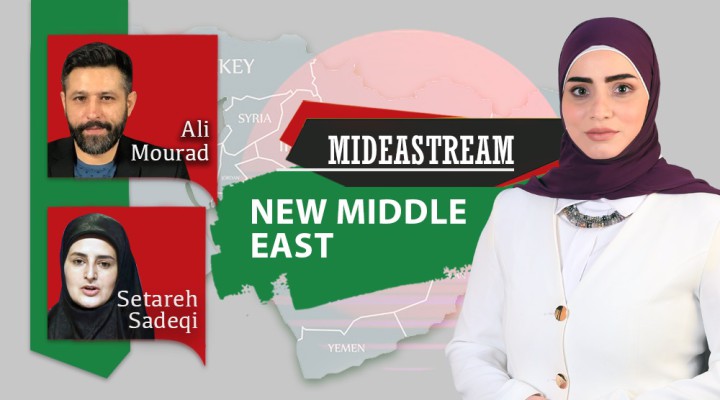New Middle East- MES EP.207

On 10 March 2023, Saudi Arabia and Iran announced their intention to restore diplomatic relations over a two-month period in a deal brokered by China.
Riyadh’s reconciliation with Syria is also underway, along with negotiations with Yemen’s Ansarullah which was crowned by the largest prisoner’s swap yet between both sides.
This rapprochement with the Islamic Republic and other regional efforts matter because they shed light on a significant region-wide trend of de-escalation that has been underway since the resumption of high-level UAE-Iran relations in 2019.
In the wake of geopolitical tensions and distraction, it also marks a shift towards direct Middle East regional conflict management which is a first for countries in the region.
Driven by a combination of conflict fatigue in Syria, Iraq and Yemen, a focus on economic security and continued concern over declining US influence Saudi Arabia seems to be adamant on engaging in an unprecedented pattern of reconciliation to protect its interests and achieve its 2030 vision amid fluctuations in the world order.
Countries in the region have also realized that confrontation with Iran and its allies in the axis of resistance has not only failed to deliver the desired results but has also exposed them to economic vulnerabilities.
For the UAE and Saudi Arabia in particular, the June 2019 Yemeni attacks on two oil tankers in the Gulf of Oman and the September 2019 attacks on Saudi Arabis Aramco oil infrastructure caused a change in thinking.
Moreover, multiple failed rounds of regime change attempts and maximum pressure international sanctions have also failed to get Iran to alter its regional posture or reduce support for regional resistance movements especially in Lebanon, Palestine and Syria.
The rapprochement between Saudi Arabia and Iran marks the formal end of seven years of heightened tensions and could have important consequences for the Saudi war on Yemen, significantly improving Iran’s role in the region and creating regional stability more broadly.
Although Yemen is a difficult nut to crack, a significant step toward a longer-term truce is being negotiated. Underpinning the ceasefire and dampening down cross-border activity would provide Saudi Arabia with some respite knowing that by ending its useless adventure in Yemen, its oil infrastructure will remain safe.
Bahrain is also expected to follow Riyadh’s lead and resume dialogue with Tehran. Elsewhere, the UAE has taken the lead in restoring Arab state ties with the Syrian Arab Republic. Although this is a step-by-step process, news that Saudi Arabia’s foreign minister landed in Damascus last week to re-open the kingdom’s consulate suggests that full normalization with Syria’ despite US and EU sanctions’ is well underway.
 TheAltWorld
TheAltWorld 
0 thoughts on “New Middle East- MES EP.207”